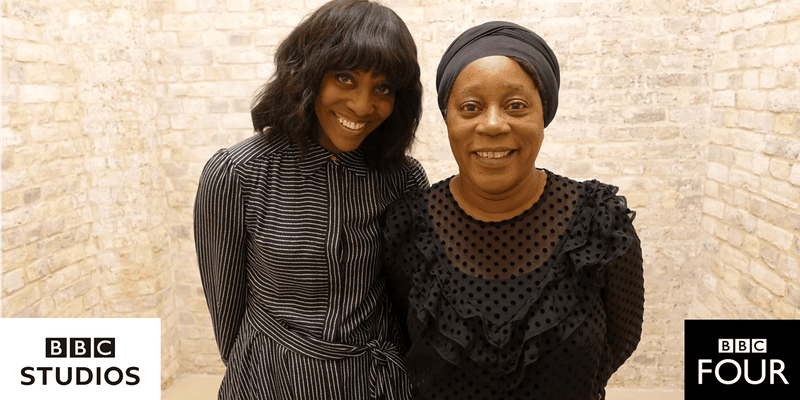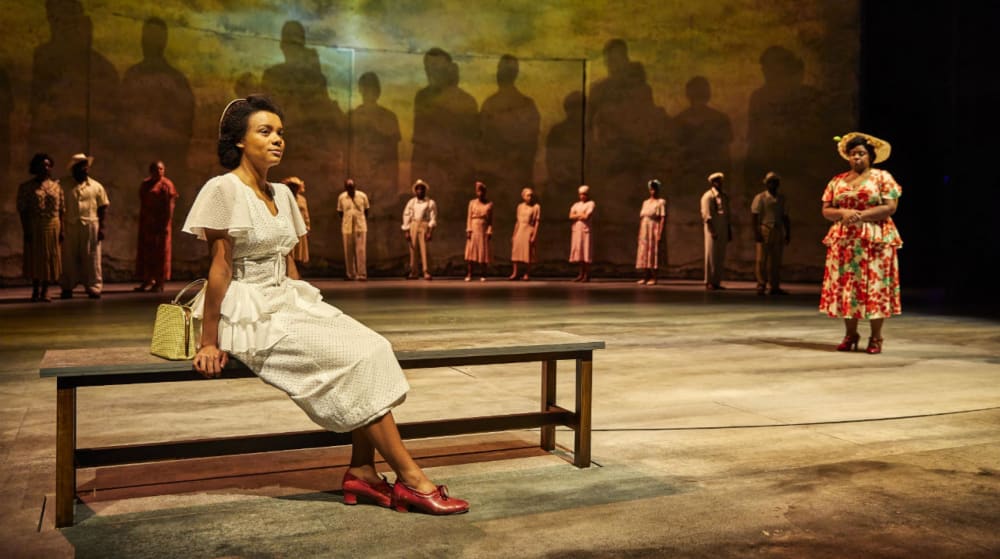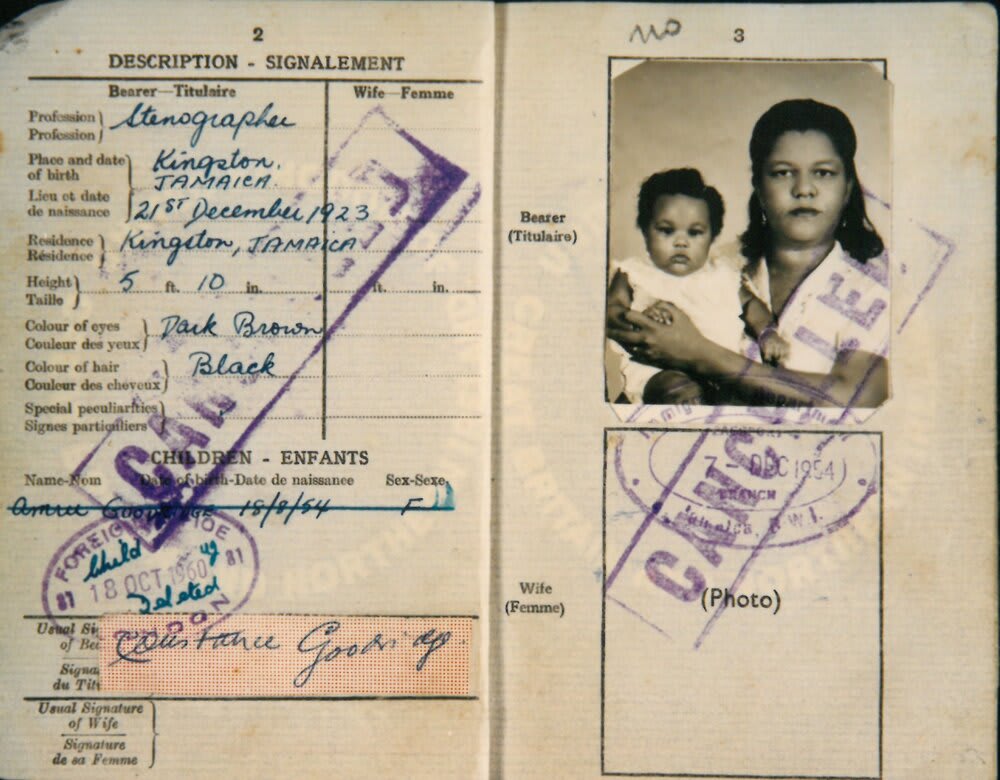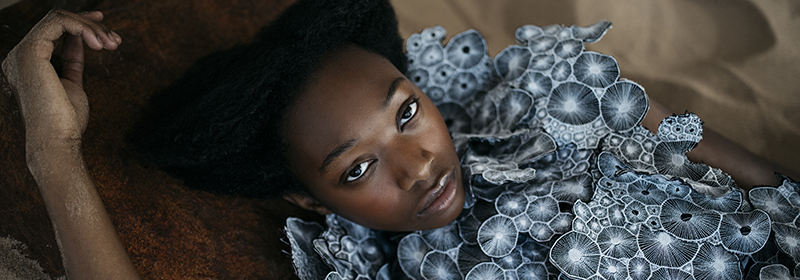On 22 June 1948 the Empire Windrush ship docked in Tilbury, Essex. On board were the very first group of Commonwealth citizens who had responded to Britain’s call to help rebuild the mother country. Between 1948 and 1971, 500,000 left their homes to settle in the UK. Many faced prejudice and unequal treatment that they still experience today.
Fast forward to 2017, when news began to break about people being wrongly detained, deported and denied legal rights. These people were British citizens and many were from the ‘Windrush’ generation. As media coverage of these individuals’ stories grew, the affair became known as the ‘Windrush Scandal’ and many MPs and prominent public voices lobbied the government over the issue. Their combined action culminated in 2018 with the announcement that the Home Office would commission a ‘Windrush Lessons Learned Review’ and in the same year, the Government announced the first Windrush Day to ‘recognise and honour the contribution of the Windrush Generation and their descendants and to keep their legacy alive for future generations, ensuring that we all celebrate the diversity of Britain's history’.
The BBC film Sitting in Limbo is based on the true story of Anthony Bryan who was affected by this event.
Today, in the light of recent events in the US following George Floyd’s death and the ensuing global unrest, we, like many others, are asking ourselves how well we are contributing to the Government’s pledge. You may have read our recent statement around Black Lives Matter, which talks about this.
Current circumstances prevent a physical event for Windrush Day, so instead we have curated some of the best content and material online for you to enjoy at home. Much of this content has been produced by or involves our own UAL community.
Watch

In January, hundreds of people attended our first Black Men on the Couch event. The series aims to transform views about mental health, gender politics, and race by inviting special guests to respond to questions on the successes and the challenges in their lives. UAL’s Rotimi Akinsete, Associate Dean of Students (Wellbeing and Inclusion), interviewed Honorary Fellow and former UAL Chancellor, Kwame Kwei-Armah, Artistic Director at The Young Vic about his childhood experiences and growing up in Britain in the 1980s. You can watch the whole event on our Youtube channel.

The Black Artists & Modernism research project led by artist and UAL academic Professor Sonia Boyce is the subject of BBC Four’s ‘Whoever Heard of a Black Artist? Britain’s Hidden Art History’ and you can see it on Thursday 2 July and then on BBC iPlayer until 1 August. The 60-minute film explores the rarely told, fascinating history of Britain’s artists of African and Asian descent, whose contribution to British art history has remained unrecognised for decades.

The National Theatre is streaming its epic production of Andrea Levy’s Orange Prize-winning novel Small Island, for free until 25 June. Set in both Jamaica and Britain, Small Island tells the story of Windrush from a group of key characters.
Read

You may remember that back in January we invited everyone to join a new reading group, called Decolonising Narratives. Set up by Vanessa Ansa and Rahul Patel, the aim of the group was to explore and discuss some key texts on black history, art and cultural discourses, anti-racist/anti-colonial struggles and decolonisation. Books on the programme included Why I’m no longer talking to white people about race, by Reni Eddo-Lodge, who incidentally, has become the first black British author to take the overall No.1 spot in the UK’s official book charts. You can see the full list of reading material suggested on Canvas.
Have you seen the Decolonising the Arts zines? They are part of an ongoing multi-form and multi-site initiative led by staff and students at UAL to interrogate pedagogic practice within the framework of decolonisation and breaking down structural inequalities. Some suggested reads include a piece by Lorraine Williams in Zine 2, page 10, entitled, Concerted Erasure of History of People of Colour, in it, Lorraine recounts how her mother taught her – and her primary school teacher - about Mary Seacole.
Listen

Decolonising the Arts Curriculum: Personal Narratives. Offering personal insights around race, bias, personal heritage and ‘otherness’, this podcast is a compendium of voices from participants and organisers of one of the Decolonising the Arts Curriculum exhibitions. The five featured artists are Maria Bendixen, Dr Jo Shah, Tobi Alexandre Falade, Siyan Zhang and Joanna Mamede who speak very openly about their personal experiences relating to the displays they presented at the CSM Library.
Do

Finally, why not check out how the Windrush generation continues to influence design and fashion today.
We hope that you will take up some of these suggestions, or be inspired to look further, such as Black Cultural Archive's Windrush Waves - a week long programme of events.
“I guess what’s changed over the years is black people have started to become more visible. You look at the work now and it’s about filling the gaps in history. There are the written histories, the taught histories and then there are the experienced histories, which you have to interpret and that’s possible when you’re an artist.” Lubaina Hamid, CBE, UAL Alumna.

